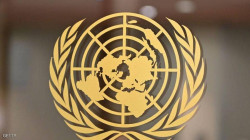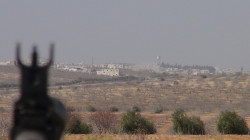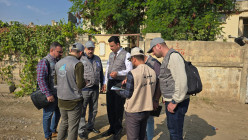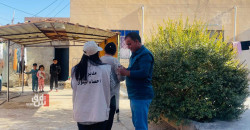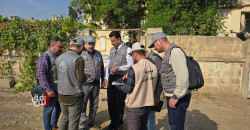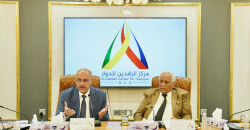Nineveh officials address concerns over census data and disputed territories
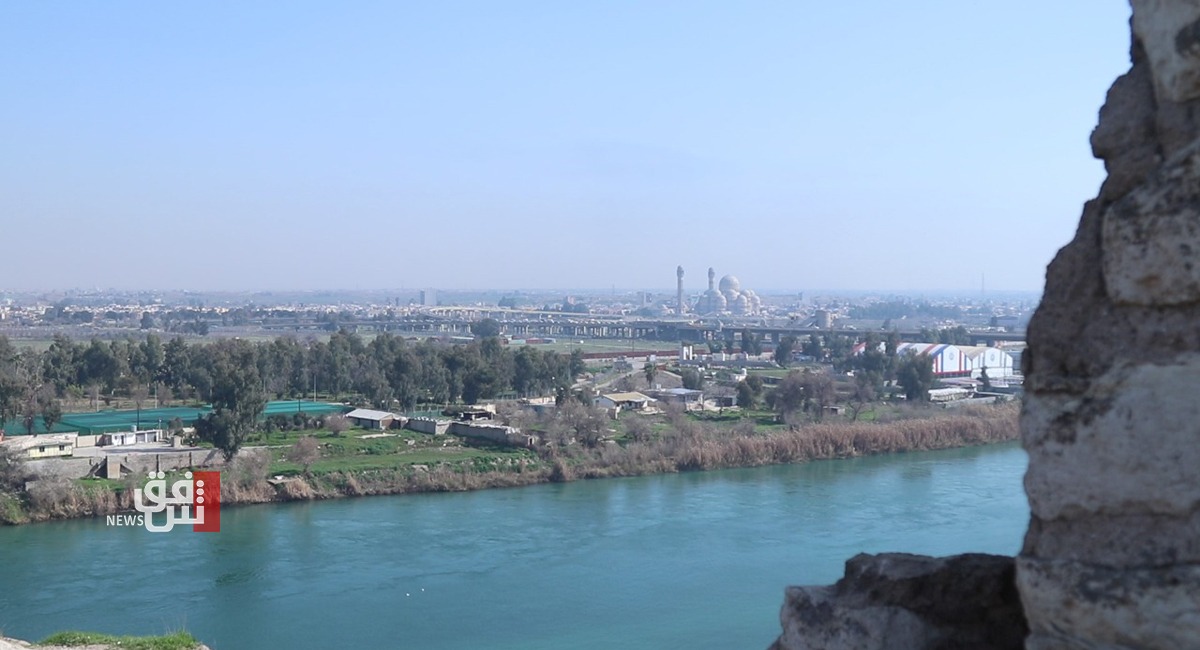
Shafaq News/ Nineveh province in northern Iraq is preparing to conduct the general population census on November 20 and 21, the first census to be conducted in the country since 1997. Nineveh province’s MP Ahlam al-Kakai, have expressed opposition about the inclusion of disputed areas and displaced people in the Kurdistan Region's data while Governor Abdul Qader al-Dakhil reassured that the census will follow Nineveh's pre-2003.
al-Kakai, warned against including villages from Nineveh in the Kurdistan Region’s population count. She told Shafaq News that some villages in the al-Hamdaniya district, particularly those inhabited by the Kakai and Arab communities, had been incorporated into the census for the Duhok governorate.
Al-Kakai added that she had contacted local authorities and the Nineveh Statistics Department to understand the rationale behind this decision, “According to those sources, the inclusion of these areas was a result of an administrative and organizational arrangement between the Iraqi Ministry of Planning and the Kurdistan Regional Government (KRG),” arguing that incorporating Nineveh's areas into the Kurdistan Region’s data could be a dangerous step, potentially leading to more controversial developments.
These concerns prompted the Nineveh Provincial Council to invite the Governor, Abdul Qader al-Dakhil, and the head of Nineveh’s Statistics Department, Nawfal Suleiman, to address the issue. Marwan al-Taie, a member of the council, emphasized that the body opposed the deployment of KRG census teams in disputed areas within Nineveh’s administrative borders.
Al-Taie told Shafaq News, “The Nineveh Statistics Department has confirmed that its teams will be responsible for conducting the census in all disputed areas within Nineveh. There was coordination between Iraq’s Ministry of Planning and the KRG on carrying out the census in areas under the control of the Peshmerga forces, which are administratively part of Nineveh.”
On the other hand, Governor al-Dakhil reassured that all areas within Nineveh’s administrative boundaries, as they existed before April 2003, would be included in the census under Nineveh’s data, not the KRG’s. Al-Dakhil told Shafaq News that Nineveh had already ranked first in Iraq in conducting a trial census.
Al-Dakhil stressed that Nineveh had been unfairly neglected in the past due to the lack of a population census. He pointed out that official figures had underestimated the province's population at less than three million, while the actual number could exceed five million. This discrepancy, he said, has had negative consequences for Nineveh, particularly in relation to its share of the federal budget.
“All enumeration, numbering and census operations that take place in the disputed areas will be fixed within the data of Nineveh governorate,” he said, noting that these areas will include all lands belonging to the administrative borders of Nineveh before April 2003.
As for the displaced people from Nineveh, particularly from the Yazidi community who fled from Sinjar to the Kurdistan Region, al-Dakhil confirmed that the census would reflect their original place of residence, not the areas where they were displaced. He noted that the displaced persons' census form would include a field to document their original residence, especially for those from Sinjar.
About Census
The population census in Iraq has evolved into a politically charged issue, intricately linked to the electoral process and the sectarian quotas that have shaped Iraqi politics since the U.S. invasion, rather than being viewed as a purely administrative task.
The Ministry of Planning emphasizes that the census aims to create a reliable population database, ensuring equitable resource distribution and financial allocation to provinces. Additionally, the data will aid in long-term development planning. In a move welcomed by those critical of sectarianism, the ministry revealed that the census will exclude questions related to religious, sectarian, or ethnic identities, thereby avoiding further entrenching Iraq’s sectarian divisions.
